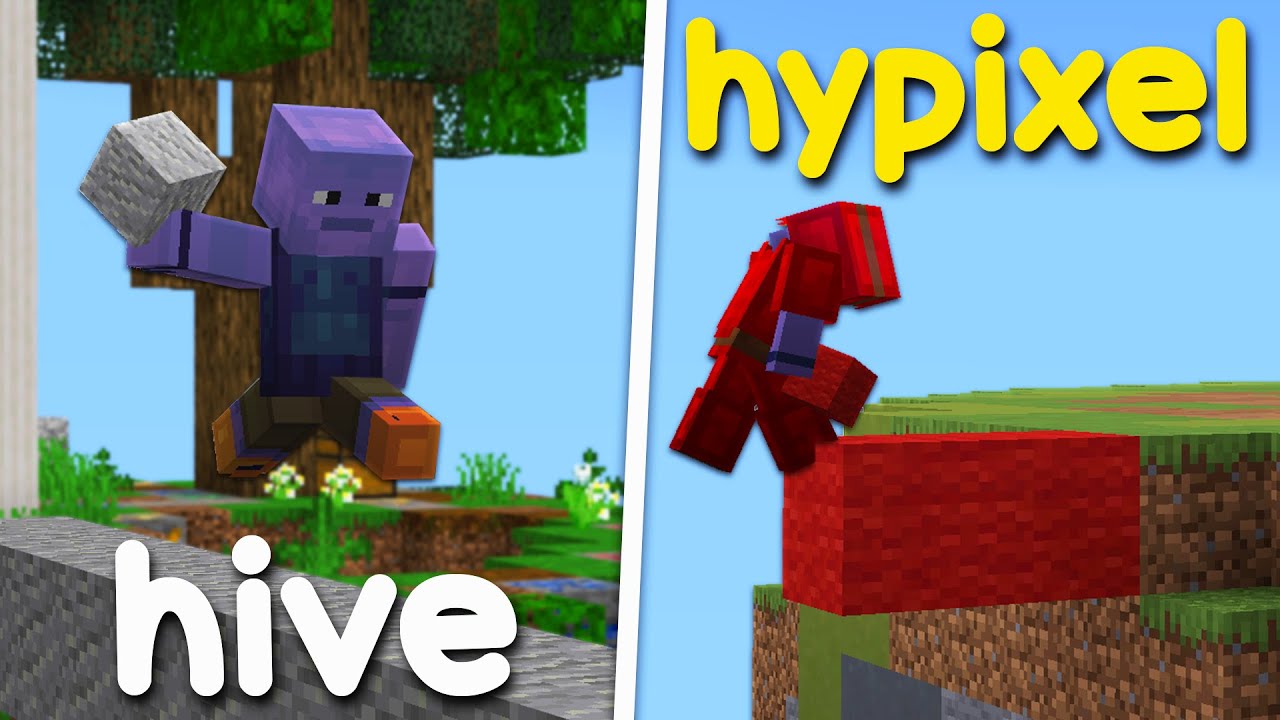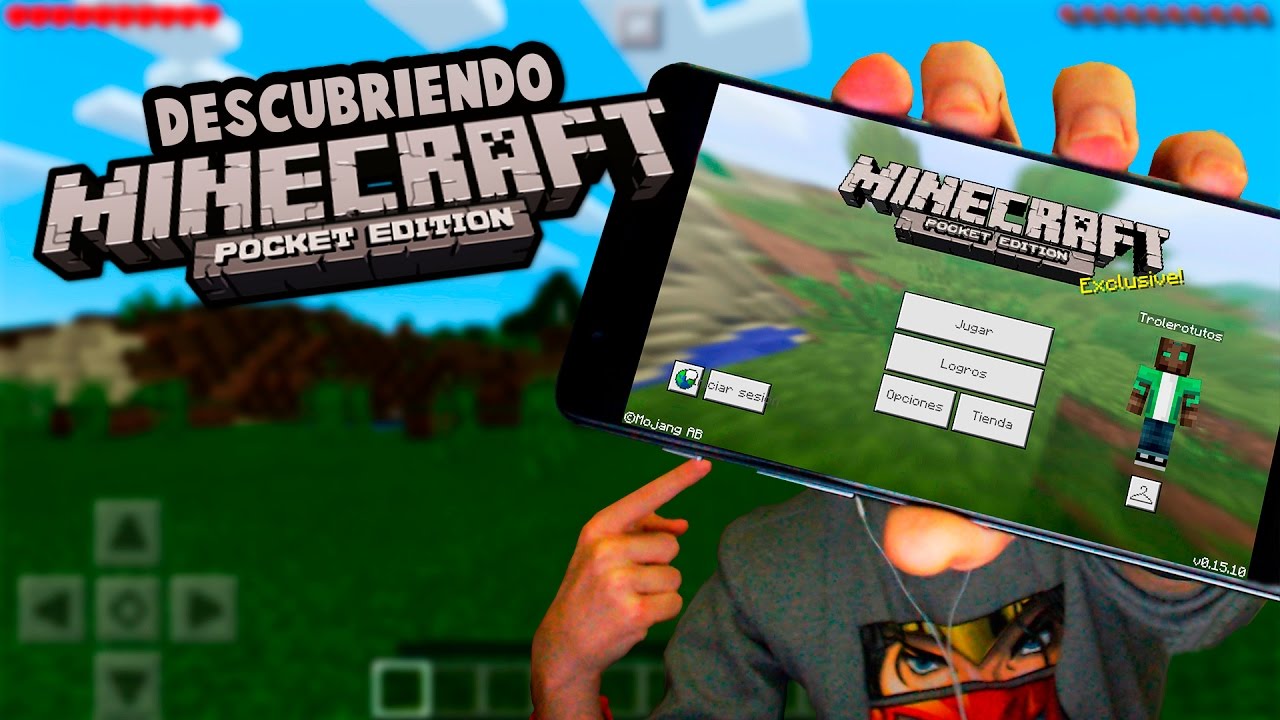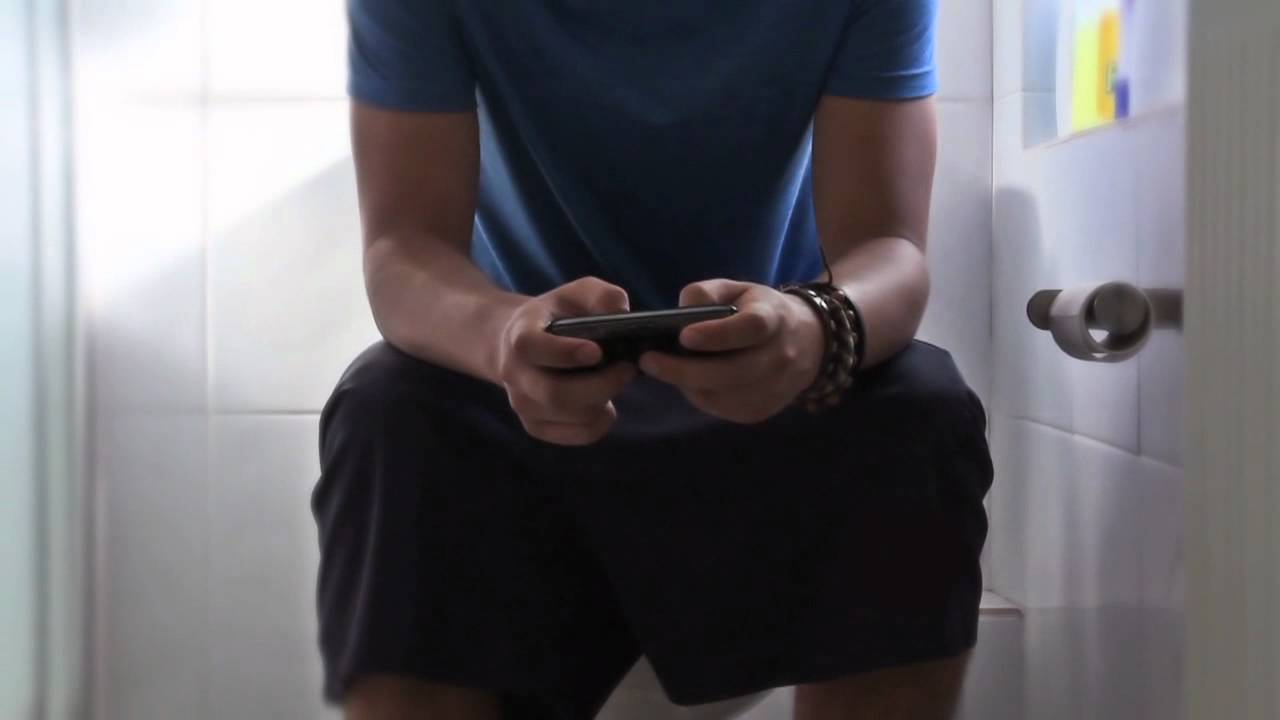What is a Minecraft Bedrock Server?
A Minecraft Bedrock Server refers to a multiplayer server specifically designed to host the Bedrock Edition of Minecraft. Unlike the Java Edition, the Bedrock Edition is a version of Minecraft that is compatible with different platforms, including consoles, mobile devices, and Windows 10. This flexibility allows players on various devices to join the same server, making it a popular choice for cross-platform gameplay.
Setting up a Minecraft Bedrock Server is a straightforward process, and it provides numerous benefits over single-player mode. Players can join the server from different locations to collaborate on projects, participate in mini-games, or simply socialize in a shared Minecraft world. Due to its accessibility, Bedrock Servers have become increasingly significant among the Minecraft community, offering a seamless way for friends and communities to connect.
To host a Minecraft Bedrock Server, you will need a dedicated computer or a hosting service. The server can run 24/7, providing a persistent world where progress and creations are saved and maintained. As opposed to Realms, which is a similar service provided by Mojang but for smaller groups, a Bedrock Server can support a larger number of players, giving more flexibility for larger communities.
Managing a Minecraft Bedrock Server also allows for customizable options and features, such as installing add-ons, mods, and plugins to enhance gameplay. Admins can regulate the server environment by setting rules, employing anti-cheat mechanisms, and moderating player interactions. This control helps create a safe and enjoyable experience for all players involved.
How to Set Up Your Own Minecraft Bedrock Server
Setting up your own Minecraft Bedrock server can seem daunting at first, but with the right steps, you’ll have your server up and running in no time. First, you need to ensure that your computer meets the necessary requirements. **Minecraft Bedrock Edition** requires at least a 64-bit operating system and a solid internet connection. If your system meets these requirements, the next step is to download the **server software** from the official Minecraft website. Installing this software correctly is crucial for the proper functioning of your server.
Download and Install the Bedrock Server Software
To begin, visit the official Minecraft Bedrock server download page and click on the appropriate download link for your operating system. Once the download is complete, **extract the .zip file** to a designated folder. Open the folder and locate the “bedrock_server.exe” file (or equivalent for other operating systems). You may need to run this file as an administrator to ensure it installs correctly.
Configure the Server Settings
Once the server software is installed, you’ll need to configure the server settings. Open the “**server.properties**” file in a text editor of your choice. You can customize several key settings here, such as the game mode, difficulty level, and maximum number of players. For example, you can set `gamemode=survival` to create a survival server or `gamemode=creative` for a creative world. Save the changes once you’ve tailored the settings to your preference.
Port Forwarding and Launching Your Server
Finally, you must configure port forwarding on your router to make the server accessible to other players. Log in to your router’s web interface and find the port forwarding section. **Forward port 19132** to the internal IP address of the machine running the server. After setting up port forwarding, return to the server folder and run **“bedrock_server.exe”** again to launch the server. Your Minecraft Bedrock server is now live, and your friends can join using your public IP address.
Best Hosting Options for Minecraft Bedrock Servers
When it comes to hosting a Minecraft Bedrock server, choosing the right hosting provider is crucial to ensure smooth gameplay and a satisfying user experience. Several hosting options stand out for their performance, customer support, and additional features tailored specifically for Minecraft Bedrock servers.
Apex Hosting is a popular choice among Minecraft Bedrock players. Known for its reliable uptime and responsive customer support, Apex Hosting offers a variety of plans to suit different needs and budgets. With its one-click installation feature, you can quickly set up a Minecraft Bedrock server without hassle. Additionally, their servers come with DDoS protection and automated backups, ensuring that your gaming experience is both safe and seamless.
MCProHosting is another highly recommended option. Established as one of the oldest Minecraft server hosting providers, MCProHosting provides robust server performance and a range of customization options. Their user-friendly control panel allows you to easily manage your server settings and install plugins. Moreover, they offer 24/7 customer support, ensuring that any issues are promptly addressed.
For those looking for an affordable yet reliable hosting option, BisectHosting is worth considering. BisectHosting offers flexible pricing plans that cater to both small and large servers. They provide unlimited SSD space, which enhances the server’s performance and loading times. Additionally, BisectHosting’s intuitive control panel and modpack installation support make it easy for even beginners to navigate and maintain their servers effectively.
Choosing the best hosting option for your Minecraft Bedrock server depends on your specific needs. Whether you prioritize uptime, customer support, or affordability, the options mentioned above offer robust solutions to enhance your Minecraft gaming experience.
Essential Plugins and Mods for Your Minecraft Bedrock Server
Optimizing your Minecraft Bedrock server can significantly enhance gameplay experience, making it more enjoyable for you and your community. A well-chosen array of plugins and mods can greatly contribute to server performance, security, and custom features. Here are some must-have plugins and mods that can make a noticeable difference.
Performance and Security Plugins
To keep your server running smoothly, consider adding performance-based plugins. ClearLag is an essential plugin that helps in reducing lag by periodically clearing entities that accumulate over time. Another critical addition is the Anti-Cheat plugin, which prevents players from using hacks or cheats that can disrupt fair gameplay. This plugin is indispensable for maintaining the integrity and security of your server.
Customization and Gameplay Mods
Customization mods can transform your server into a unique and immersive environment. EssentialsX is a powerful tool that offers numerous commands and features, such as teleportation, time and weather control, and moderation tools. For a more dynamic experience, consider the MCMMO mod, which introduces an RPG-like experience with skill leveling, making the game more engaging for players.
Community Engagement Plugins
To foster a strong community on your server, community engagement plugins can be invaluable. The Dynmap plugin creates a real-time web-based map of your server, allowing players to see one another’s locations and collaborate more effectively. For communication, the DiscordSRV plugin links your Minecraft server with a Discord server, enabling seamless interaction between players both in and out of the game.
Troubleshooting Common Issues with Minecraft Bedrock Servers
Running a Minecraft Bedrock server can sometimes come with its fair share of issues. Knowing how to troubleshoot these common problems can save you a lot of headaches and ensure that your server runs smoothly. One frequent issue players encounter is connection problems. This could stem from the server itself or from network-related issues. Make sure your server is up to date and that your firewall and router are configured to allow the necessary ports.
Server Crashes
Another common issue you might face is server crashes. Server crashes can occur for various reasons, from insufficient RAM allocation to software conflicts. To troubleshoot this, first, check the error logs, which can often give you a clue as to what went wrong. Additionally, ensure that all your server plugins and mods are compatible and updated.
Lag and Performance Issues
Lag and performance issues can significantly affect the gameplay experience. **Optimizing your server settings** and making sure you have enough server resources can help mitigate these problems. Some tips for reducing lag include limiting the number of entities, adjusting view distance, and upgrading to faster hardware if necessary.
Player Authentication Issues
Player authentication failures can also be a common problem. This usually occurs when there are discrepancies between the game client and the server. Ensuring that both are updated to the latest version is crucial. Additionally, checking the authentication servers’ status online can help determine if the issue is on your end or with the game’s authentication servers.






Leave a Reply